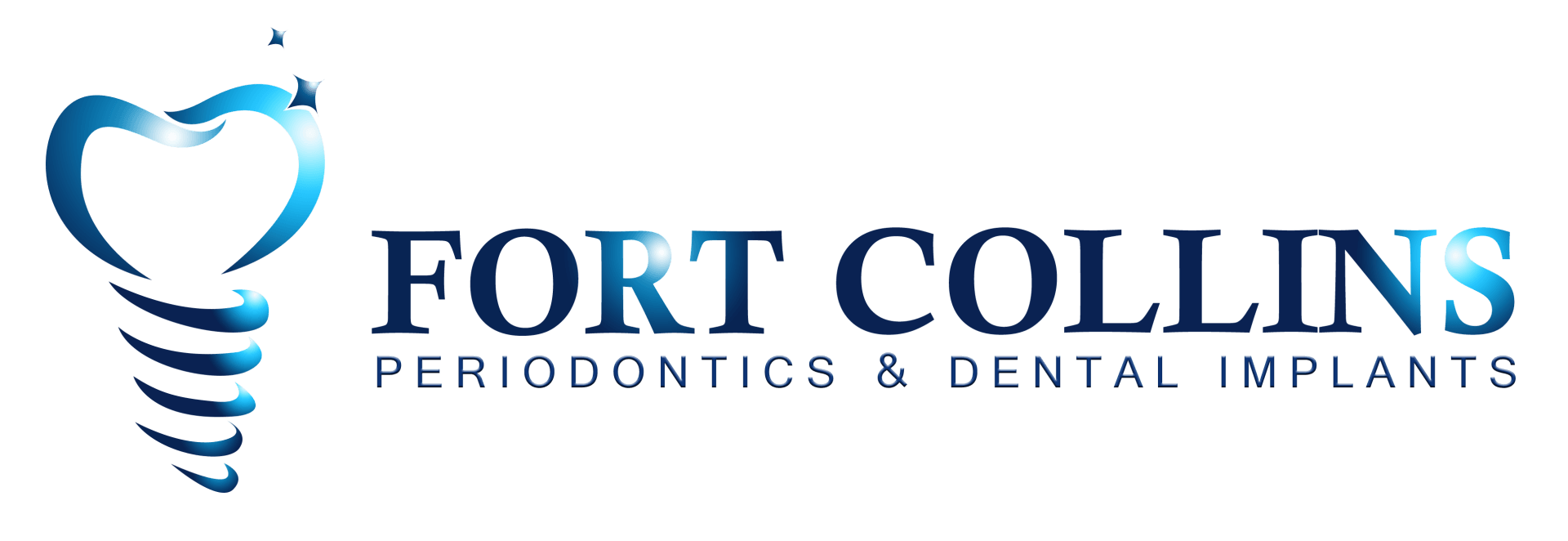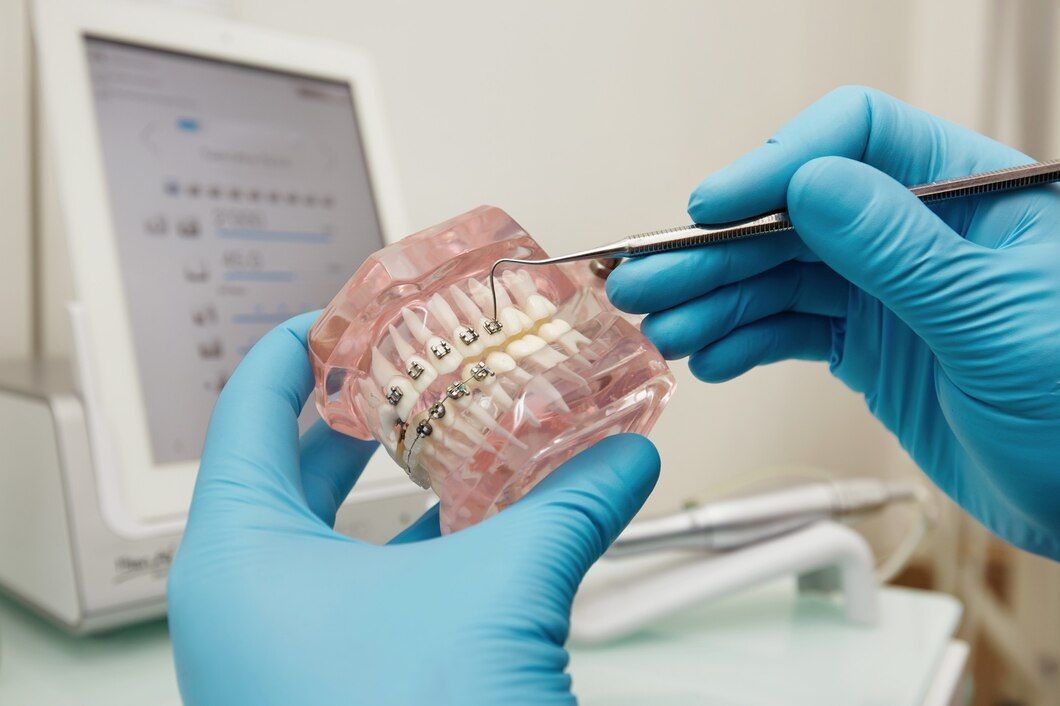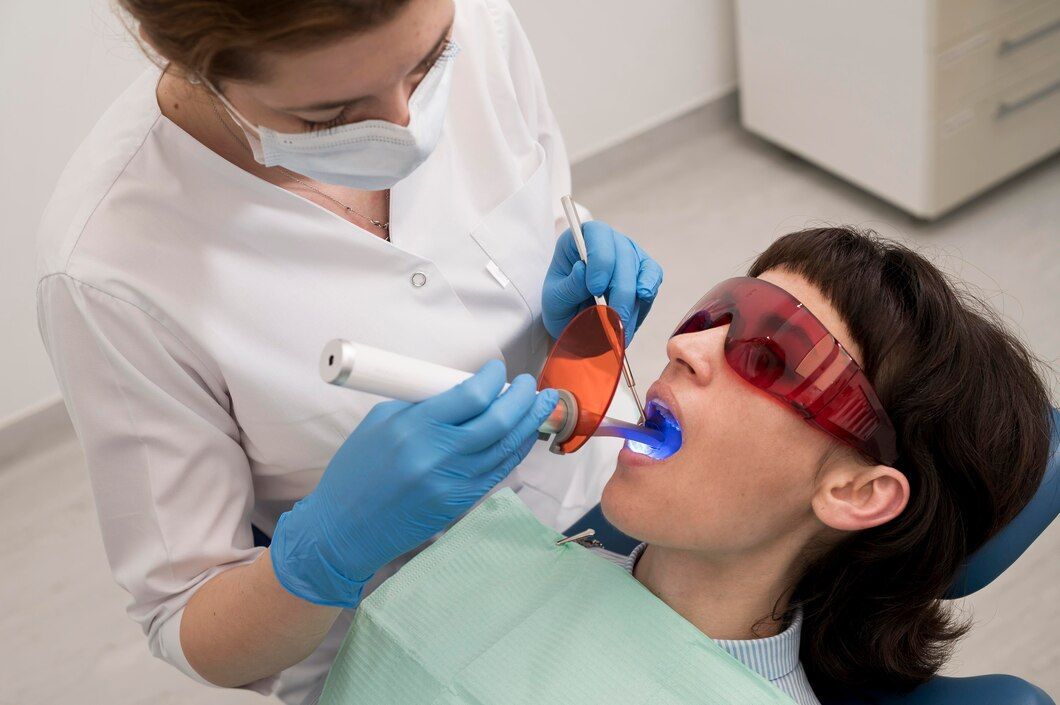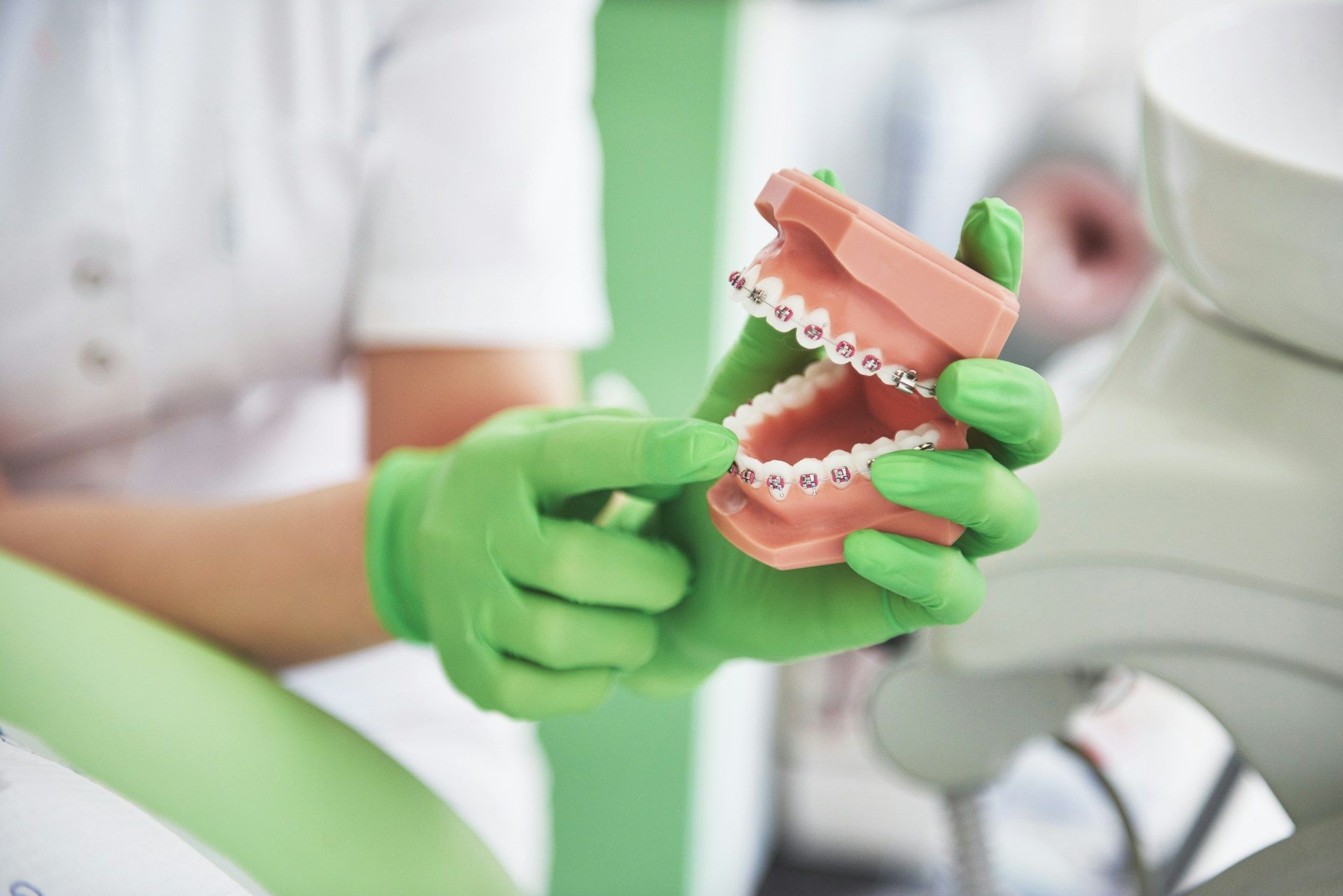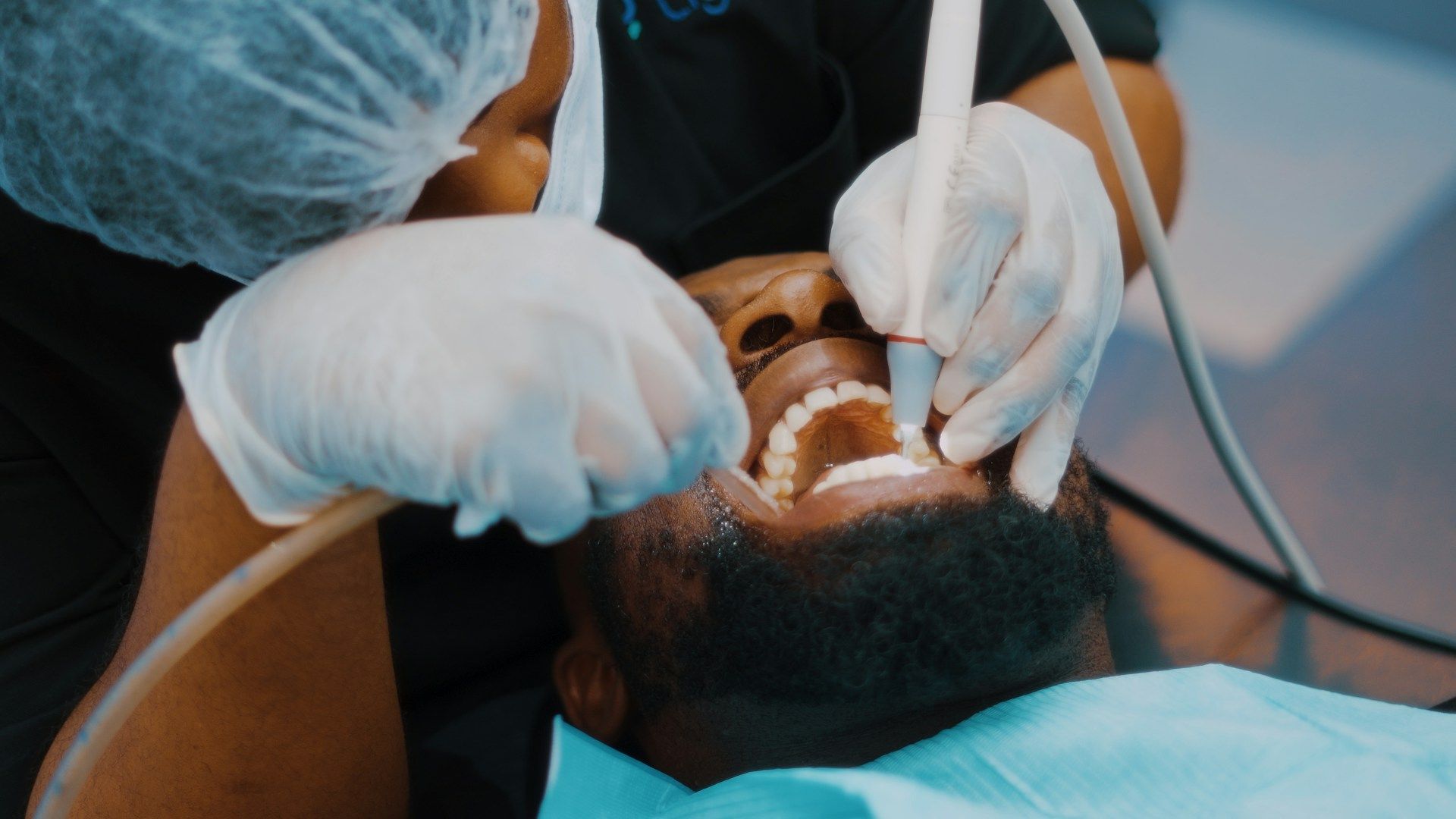Dental Implants vs. Dentures: A Comprehensive Comparison
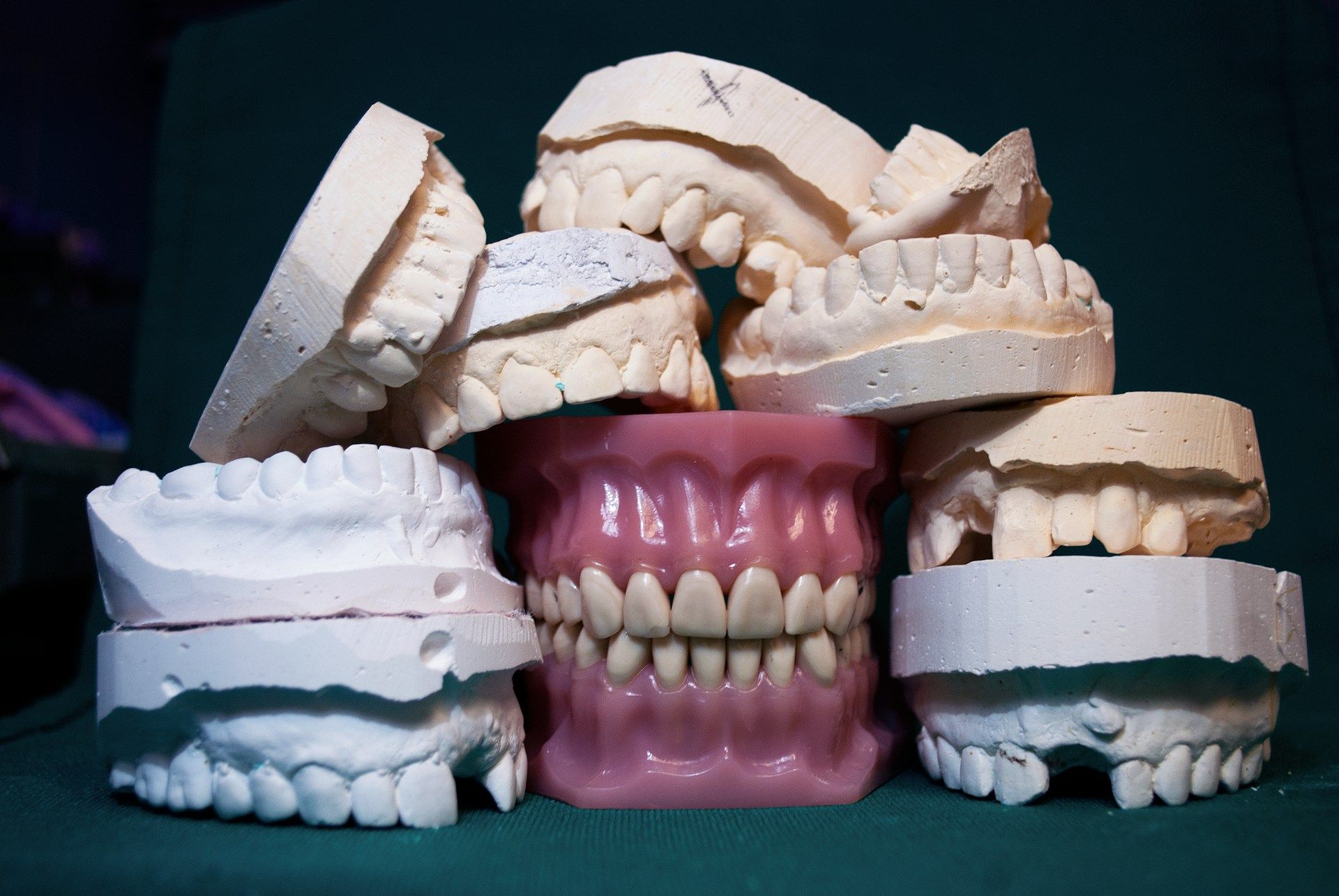
Deciding on the best tooth replacement option can be challenging, but understanding each solution's benefits and drawbacks can make the process easier. Dental implants and dentures have long been popular choices for individuals looking to restore their smiles. While both options provide functional and aesthetic benefits, it's essential to consider the differences from a long-term perspective and the impact on your overall oral health.
In this comprehensive comparison, we'll weigh the pros and cons of dental implants and dentures, covering essential factors such as appearance, functionality, durability, and cost. By clearly understanding these tooth replacement options, you'll be better equipped to make an informed decision that suits your unique needs and lifestyle. Equip yourself with the knowledge necessary to take the first step towards a confident, restored smile.
Aesthetics: Natural Appearance
Dental Implants: One of the most significant advantages of dental implants is their natural appearance. Dental implants closely mimic the look of natural teeth, consisting of a titanium post implanted into the jawbone and topped with a custom-made dental crown. This process ensures that the implant closely matches the surrounding teeth in terms of shape, color, and size, providing a seamless blend with your existing teeth.
Dentures: Dentures, either full or partial, can provide a natural-looking tooth replacement option. However, they may not offer the same level of customization as dental implants. Dentures are traditionally made with molded acrylic material to resemble gum tissue, with prosthetic teeth attached. While advancements in denture technology have improved their appearance, they still may not look as natural as dental implants due to the acrylic base and potential for shifting in your mouth.
Functionality: Biting, Chewing, and Speaking
Dental Implants: Dental implants provide strong support for chewing and biting as they fuse to the jawbone through osseointegration. This fusion ensures that the implant remains firmly in place, allowing for efficient functioning like natural teeth. Moreover, dental implants do not affect speech; they remain secure and do not cause the dental prosthesis to move.
Dentures: Dentures can restore chewing and biting functionality but may not provide the same strength and stability as dental implants. Denture wearers may need to avoid certain foods, such as hard or sticky items, as the dentures can shift or become dislodged. Additionally, dentures can sometimes impact speech, particularly when first worn, due to potential movement or discomfort.
Durability and Maintenance: Long-term Benefits and Care
Dental Implants: Dental implants boast an impressive success rate of up to 98%, making them a durable and long-lasting tooth replacement option. Dental implants can last for decades or even a lifetime with proper oral hygiene and regular dental checkups. Dental implants require the same maintenance as natural teeth, such as daily brushing, flossing, and regular dental checkups.
Dentures: Dentures, while removable and nonpermanent, can last anywhere from 5 to 10 years with proper care. However, they will require eventual replacement due to wear or changes in oral tissues. Denture wearers must diligently clean their prosthetics, as bacteria can accumulate on the surface, leading to oral health issues. Removing dentures nightly for cleaning and soaking them in a denture solution to maintain their shape and longevity is crucial.
Cost: Initial Investment and Long-term Expenses
Dental Implants: While dental implants tend to have a higher initial cost compared to dentures, they often prove to be a wise long-term investment. Dental implant costs cover the surgical procedure, the implant post, and the dental crown. Although insurance coverage for dental implants varies, many plans now contribute to a portion of the cost, making dental implants more accessible than ever.
Dentures: Dentures generally have a lower initial cost compared to dental implants. However, it's essential to consider long-term wear, maintenance, and potential replacement expenses. Denture costs can include the initial fitting, adjustments, and relining over time to ensure continued comfort and proper fit. Insurance plans typically cover some or all of the cost of dentures.
Oral Health Benefits: Protecting Natural Teeth and Jawbone
Dental Implants: Dental implants are known for preserving the jawbone and preventing further bone loss in the area of the missing tooth. By integrating with the jawbone, dental implants provide the necessary stimulation to maintain bone density and prevent further deterioration. Additionally, dental implants do not require the alteration of neighboring teeth, leaving them intact and fully functional.
Dentures: While dentures can also prevent a sunken facial appearance, they do not offer the same level of jawbone preservation as dental implants. Over time, bone loss can still occur beneath the dentures, requiring adjustments or replacements. Moreover, dentures that rely on adjacent teeth for support may cause strain on those teeth, potentially affecting their long-term health.
Discover the Best Tooth Replacement Solution for You
Ultimately, the decision between dental implants and dentures depends on your unique dental needs, lifestyle, and the expert guidance of your dental professional. At Fort Collins Periodontics and Dental Implants, we're committed to helping you make the best choice for a confident, healthy smile. Our highly skilled professionals will thoroughly assess your oral health and provide personalized recommendations tailored to your requirements.
If you've been considering
dental implants or dentures as a tooth replacement option, don't wait any longer to achieve the beautiful, functional smile you deserve. Schedule a consultation with Fort Collins Periodontics and Dental Implants today, and let us guide you toward the optimal tooth replacement solution for a lifetime of brilliant smiles.

Working Hours
Tue - Thu: 8:00 am - 5:00 pm
Friday: 8:00 am - 2:00 pm
Sat - Sun: Closed
Monday: Closed
